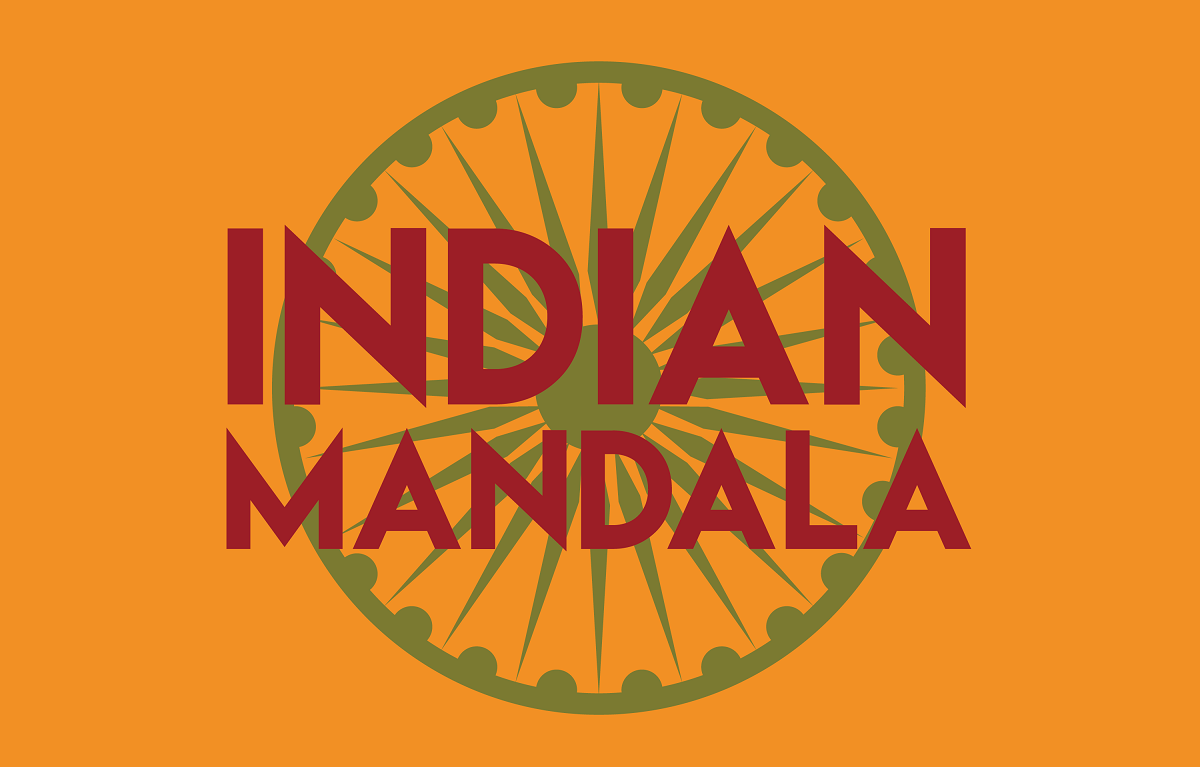India shelves colonial era legal codes, but new rules prove contentious
Adopted in December, the three new codes will come into force on 1 July. Several legal experts warn against greater police powers and the vagueness of some articles that could lead to the criminalisation of Satyagraha, the non-violent form of resistance used by Gandhi. Backers of the new codes see them as a step towards “decolonisation”, claiming victims of crimes will receive swifter justice.
New Delhi (Asia News/Agencies) – India is on the verge of a brave new world as its legal system undergoes a major overhaul.
Next Monday, 1 July, the Indian Penal Code of 1860, the Indian Evidence Act of 1872, and the Code of Criminal Procedure of 1973, a legacy of the country’s colonial era, will be replaced by the Bharatiya Nyaya Sanhita, the Bharatiya Sakshya Adhiniyam, and the Bharatiya Nagarik Suraksha Sanhita, passed into law in December 2023.
The use of Hindi in the name already shows the symbolic value of the change, heralded by the Union Home Affairs Minister, Amit Shah, a leading member of the Hindu nationalist Bharatiya Janata Party (BJP), as a new step in "decolonisation".
While almost three-quarters of the new codes remain the same, there is no shortage of significant innovations, including greater police powers, a change that is raising concerns. One article, for example, expands police power by increasing the maximum limit for police custody beyond the current 15 days.
Anup Surendranath, a professor of law at the National Law University, and Neetika Vishwanath, director of Project 39A,[*] note that the ambiguous language used in defining some offences opens the door to abuses and limits on freedom of expression.
“The provisions on ‘false and misleading information’ (section 197) and ‘acts endangering sovereignty, unity, and integrity of India’” (section 152 as the replacement for sedition) are extraordinarily vague with no real indication of when the police can initiate action under these provisions,” the two scholars write in The Indian Express. “Reading these two provisions will not give any reasonable individual an idea of what exactly is being criminalised and the potential for grave abuse is evident.”
In Karnataka, the state government warns that even Satyagraha, the non-violent form of resistance made famous by Mahatma Gandhi’s hunger strikes, could be considered an offence under a strict interpretation of the new rules.
Another area that has set off alarm bells is the introduction of the notion of "community services" as an alternative form of punishment, a practice borrowed from other legal systems but not given a precise definition.
“India is a secular country with people from various religions, castes, creed, culture etc.,” says a report presented to the Karnataka government. “If the term community service is not defined and a blanket power is conferred on the law implementing agency, such a power may cause damage to the inner feelings, personal reputation and social status of a person against whom the punishment of community service would be imposed. In absence of any such definition, the possibility of controversies arising over sentencing cannot be overlooked.”
For this reason, some states have called for the new laws to be put on hold. A petition in this sense has been presented to the Supreme Court in New Delhi, asking for a stay; however, this is not likely to happen since the court already ruled against a similar request a few weeks ago.
The lack of police training in the new laws is also another source of concerns.
For their part, the backers of the new codes argue that they focus more on justice for victims, in a timely manner, and reduce the discretionary power of judges.
For Prashant Kumar, Director-General of Police, in Uttar Pradesh, the laws are designed to deliver justice within three years.
“The new laws are more transparent as they will make it mandatory for investigators to inform the complainant about the development in the investigation within 90 days. The laws related to crime against children and women have been made sterner and more specific,” he said.
INDIAN MANDALA IS THE ASIANEWS NEWSLETTER DEDICATED TO INDIA. WOULD YOU LIKE TO RECEIVE IT EVERY FRIDAY? TO SUBSCRIBE, CLICK HERE.
[*] Project 39A is criminal justice research and litigation centre, formally a part of the National Law University, Delhi. It is inspired by Article 39-A of the Indian Constitution, centred on removing economic and social barriers to provide equal justice and equal opportunity.
29/11/2021 16:29







.png)










